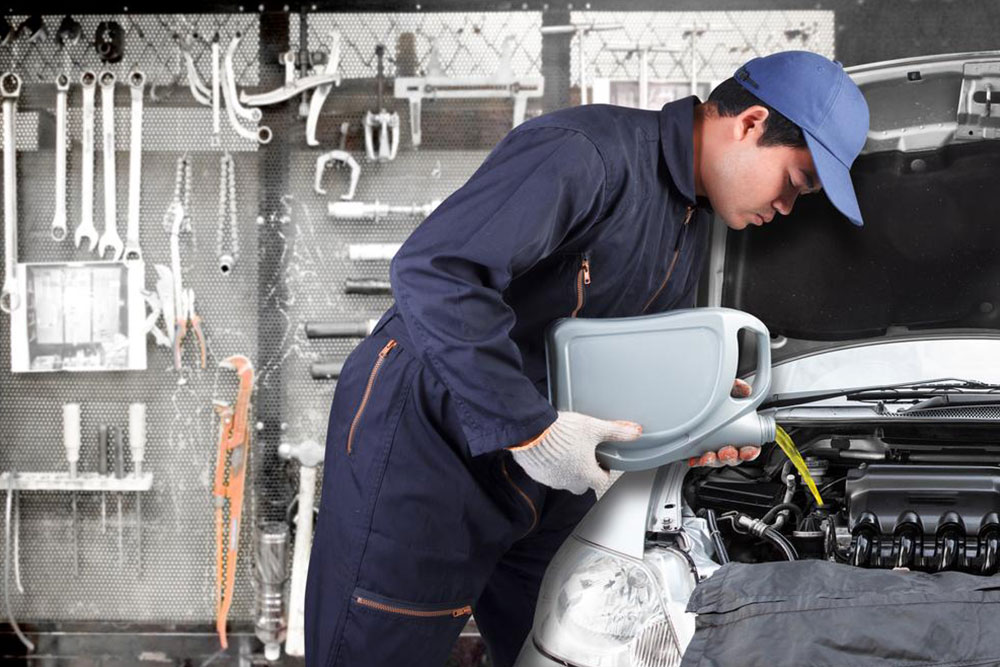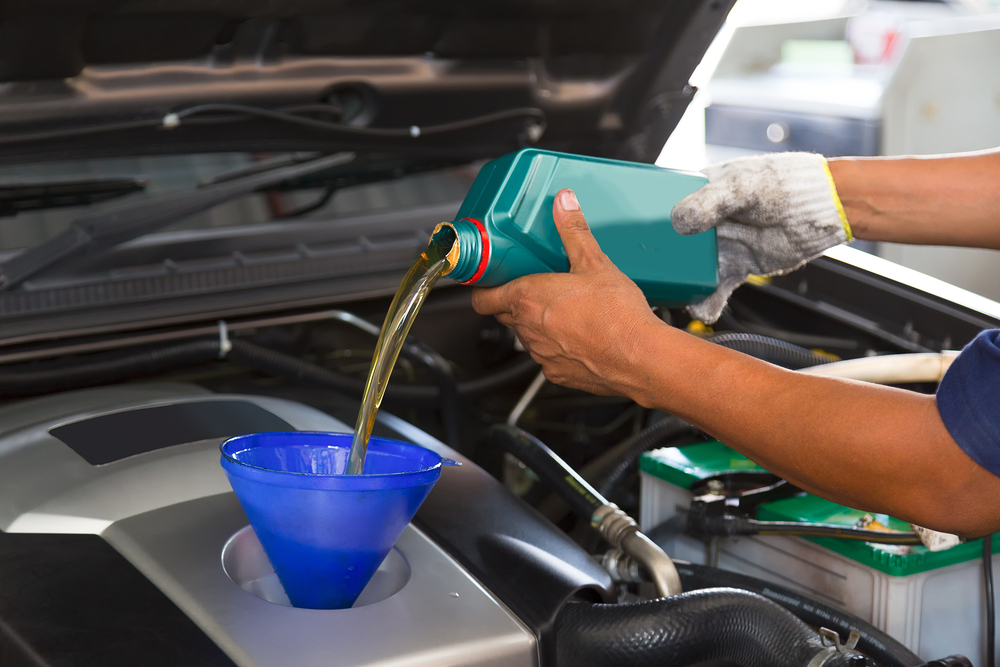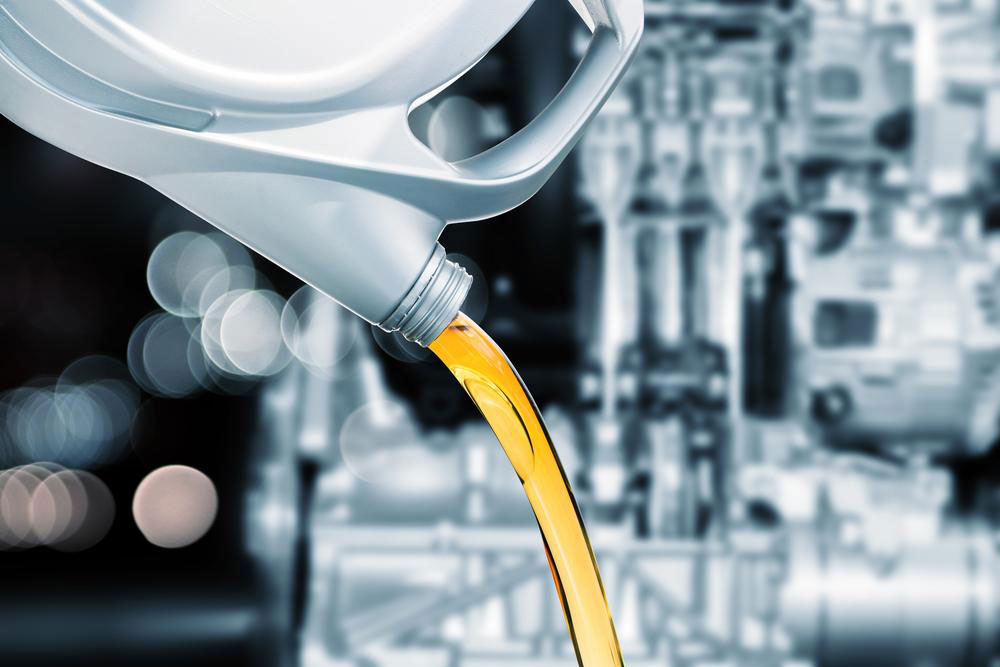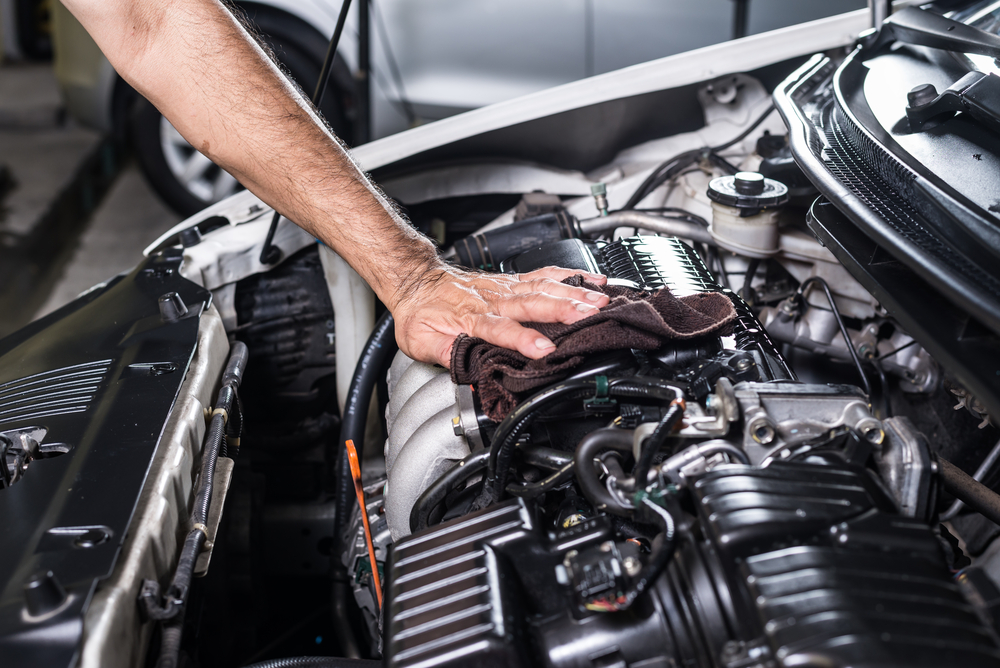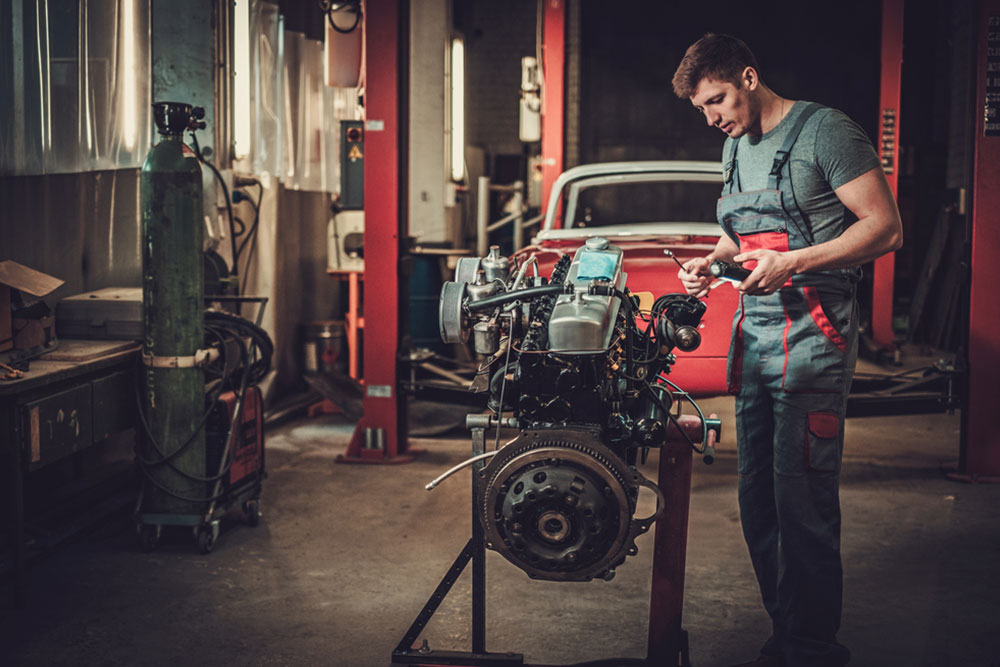Comprehensive Guide to Automotive Lubricants: Ensuring Optimal Vehicle Performance and Longevity
This comprehensive article explores the essential types of automotive lubricants, their roles in vehicle maintenance, and practical tips to ensure optimal car performance. Learn how engine oils, transmission fluids, greases, and other lubricants protect vital components, extend your vehicle’s lifespan, and prevent costly repairs. Discover the importance of regular lubrication maintenance, how to choose the right products, and ways to save costs with discounts and service deals. Stay informed and keep your car in excellent condition with expert advice on automotive lubrication systems.

Comprehensive Guide to Automotive Lubricants: Ensuring Optimal Vehicle Performance and Longevity
Cars have become an indispensable part of modern life, serving as essential tools for commuting, errands, family outings, and more. Proper vehicle maintenance ensures that your automobile performs reliably and lasts for many years. Among the various maintenance procedures, understanding and selecting the right lubricants is crucial for ensuring your vehicle runs smoothly and efficiently. Just as proper nourishment is vital for human health, appropriate lubrication is fundamental to a vehicle’s health and performance.
In this comprehensive guide, we will explore the different types of automotive lubricants, their specific functions, the importance of regular lubrication, and practical tips to maintain optimal vehicle performance. Whether you are a seasoned car owner or a new driver, understanding these essential aspects can help you save money, prevent costly repairs, and extend your vehicle’s lifespan.
What is Automotive Lubrication and Why Is It Important?
Automotive lubrication is the process of applying lubricants, such as oils and greases, to various moving parts of a vehicle. These lubricants create a protective film that minimizes friction, reduces wear and tear, and prevents overheating. Proper lubrication is vital because mechanical parts inside engines, transmissions, differentials, and other systems are constantly moving and interacting under high stress. Without adequate lubrication, these components can quickly suffer from excessive friction, leading to increased heat, accelerated deterioration, and ultimately costly failures.
Think of lubrication as the vital blood flow that keeps a living organism healthy. Just as the human body needs blood to transport nutrients and oxygen, a car depends on lubricants to keep its parts functioning smoothly. Regularly maintaining the right lubricant levels and using high-quality products ensures that engine components, gearboxes, joints, and bearings operate optimally. Preventative care in lubrication can significantly reduce breakdowns and improve overall vehicle lifespan.
Types of Automotive Lubricants and Their Specific Functions
Automotive lubricants come in various formulations, each designed for specific parts and functions within the vehicle. Choosing the right lubricant for each application is crucial to ensure maximum efficiency and protection. Here is an in-depth look at the main types of lubricants and their roles:
Engine Oil: The most essential lubricant in any vehicle, engine oil lubricates the moving parts within an engine. It reduces friction, prevents corrosion, cools engine components, and helps keep the engine clean by trapping dirt and debris. Regular oil changes are necessary to maintain engine health. There are different types of engine oils, including conventional, synthetic, and semi-synthetic, each offering varying levels of performance and protection. It’s advisable to consult your vehicle’s owner manual or a mechanic to find the best oil type and change interval.
Transmission Fluid: Transmission fluid lubricates the gears within manual and automatic transmissions. It facilitates smooth gear shifts, reduces wear on clutch components, and acts as a coolant. Regular checks and replacements of transmission fluid prevent overheating and mechanical failures, ensuring the transmission system operates seamlessly.
Differential Oil: Found in vehicles with differential systems, this lubricant protects gears from metal-to-metal contact, preventing excessive wear and ensuring smooth operation. Differential oil needs to be changed periodically based on manufacturer recommendations.
Grease: Used on chassis, joints, and other moving parts, grease provides a thick, durable lubrication that resists water and dirt infiltration. Commonly applied to ball joints, universal joints, and brake components, grease prolongs the lifespan of these parts and reduces squeaking and sticking issues.
Power Steering Fluid: Critical for the smooth operation of power steering systems, this fluid lubricates the steering gear and pump, facilitating easy and responsive steering. Regular checks ensure safe handling and prevent steering failures.
Importance of Regular Maintenance and Lubricant Replacement
Routine maintenance involving the replacement of lubricants is vital to keep your vehicle performing at its best. Over time, lubricants degrade due to heat, contamination, and oxidation, losing their ability to protect engine and transmission parts effectively. Neglecting regular oil changes and lubricant checks can lead to increased friction, overheating, and damage to critical components.
For example, engine oils typically need to be replaced every 3,000 to 10,000 miles, depending on the type of oil used and driving conditions. Transmission fluids should be checked at regular intervals and replaced as recommended in your vehicle’s manual. Greases used in joints and chassis may require periodic reapplication, especially if you drive in harsh environments or off-road conditions.
Cost-Effective Tips and Deals to Maintain Your Car’s Lubrication System
Maintaining proper lubrication need not be expensive. Look out for service coupons and discounts offered by local auto shops or dealership service centers. Oil change coupons can often save you up to 90% on routine maintenance costs, making it affordable to keep your vehicle in top shape.
Additionally, using high-quality, manufacturer-recommended lubricants can prolong the intervals between oil changes and reduce repair costs in the long run. Regularly monitoring fluid levels and inspecting for leaks helps you catch potential issues early, preventing costly repairs and ensuring your vehicle’s longevity.
Final Tips for Vehicle Owners
Ensuring your vehicle’s lubrication system is healthy involves a combination of scheduled maintenance, using the right products, and paying attention to warning signs such as unusual noises, overheating, or fluid leaks. Always refer to your vehicle’s owner manual for precise guidelines on lubricant types and change intervals. If you notice any irregularities, consult a professional mechanic promptly.
Remember, proper lubrication is the foundation of vehicle reliability. By investing in regular maintenance, selecting quality lubricants, and taking advantage of discounts and offers, you can keep your vehicle running smoothly, safely, and efficiently for years to come.
